Fashion, as an art form and a cultural phenomenon, has been an integral part of human expression for centuries. It is a dynamic and ever-evolving canvas that reflects the spirit of the times, captures individual identity, and weaves a tapestry of trends, styles, and self-expression. In this article, we embark on a journey through the captivating world of fashion, exploring its timeless allure and the intricate threads that make it a vibrant and influential force in our lives.




Fashion’s roots extend deep into history, from the elaborate garments of ancient civilizations to the sophisticated styles of the Renaissance. Each era brought forth distinctive trends and silhouettes that mirrored the societal values and aesthetic preferences of the time.




Throughout history, certain individuals have left an indelible mark on the fashion landscape. From the regal elegance of Marie Antoinette to the rebellious spirit of Coco Chanel, fashion icons have shaped trends and inspired generations. Their influence extends beyond clothing, encompassing lifestyle, attitude, and cultural shifts.

Fashion is not merely about garments; it is a form of self-expression. The choices we make in clothing, accessories, and styling communicate our individuality, cultural affiliations, and personal narratives. It is a language that speaks volumes without uttering a word.


The psychology of fashion is a fascinating exploration of how clothing affects our mood, confidence, and perception. The colors we wear, the styles we choose, and the textures against our skin can influence our emotions and the way we navigate the world. Fashion is a powerful tool for crafting our self-image and projecting it to the world.
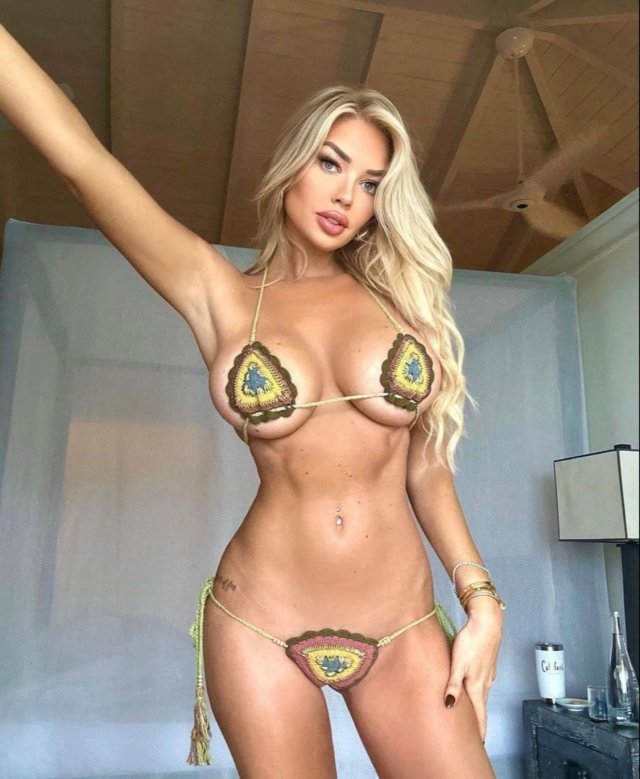
Fashion is cyclical, with trends from the past resurfacing and evolving into new iterations. Vintage styles find contemporary relevance, and nostalgia plays a key role in shaping the aesthetic landscape. The cyclical nature of trends allows for constant reinvention and reinterpretation.



The advent of fast fashion has revolutionized the industry, providing accessibility to trends at an unprecedented pace. However, this rapid cycle has raised concerns about sustainability and ethical practices. The fashion landscape is witnessing a shift towards mindful consumption, with an emphasis on quality, longevity, and eco-conscious choices.




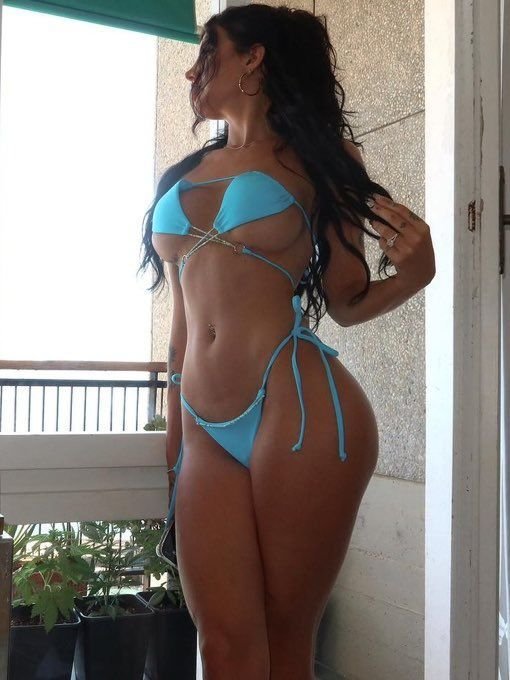
Fashion serves as a visual language that reflects the rich tapestry of diverse cultures. Traditional garments, ethnic wear, and indigenous textiles are not just clothing; they are cultural signifiers that celebrate heritage and convey a sense of identity. The fusion of global influences in contemporary fashion further enriches this cross-cultural dialogue.





Throughout history, fashion has been a catalyst for societal change. From the suffragette movement’s adoption of trousers as a symbol of women’s liberation to the punk subculture’s rebellious fashion statements, clothing has often mirrored and even instigated shifts in cultural attitudes and norms.



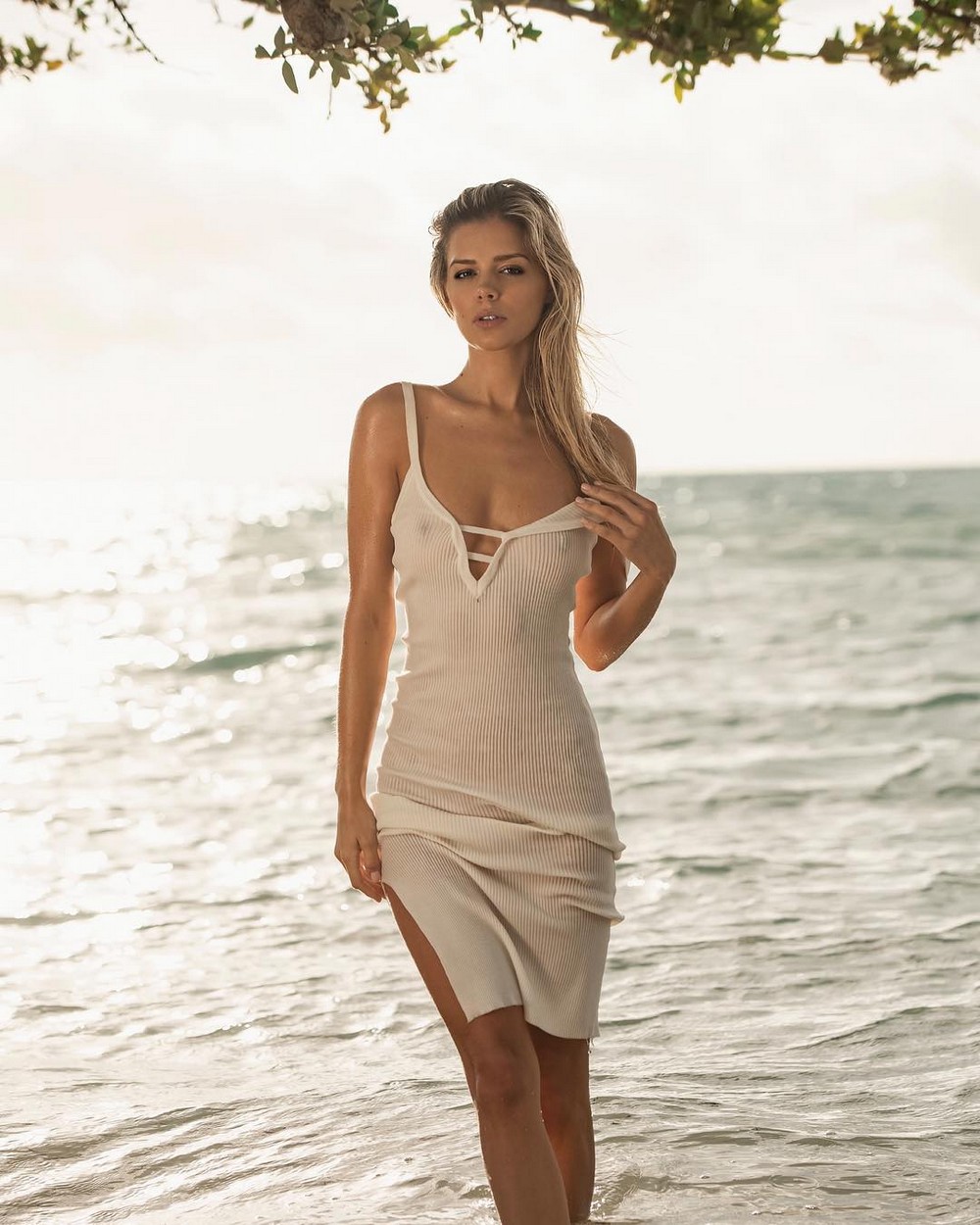

The digital age has democratized fashion, allowing individuals to showcase their style on global platforms. Fashion influencers, bloggers, and content creators play a pivotal role in shaping trends and challenging traditional notions of beauty. Social media platforms have become virtual runways, transforming the way we consume and engage with fashion.



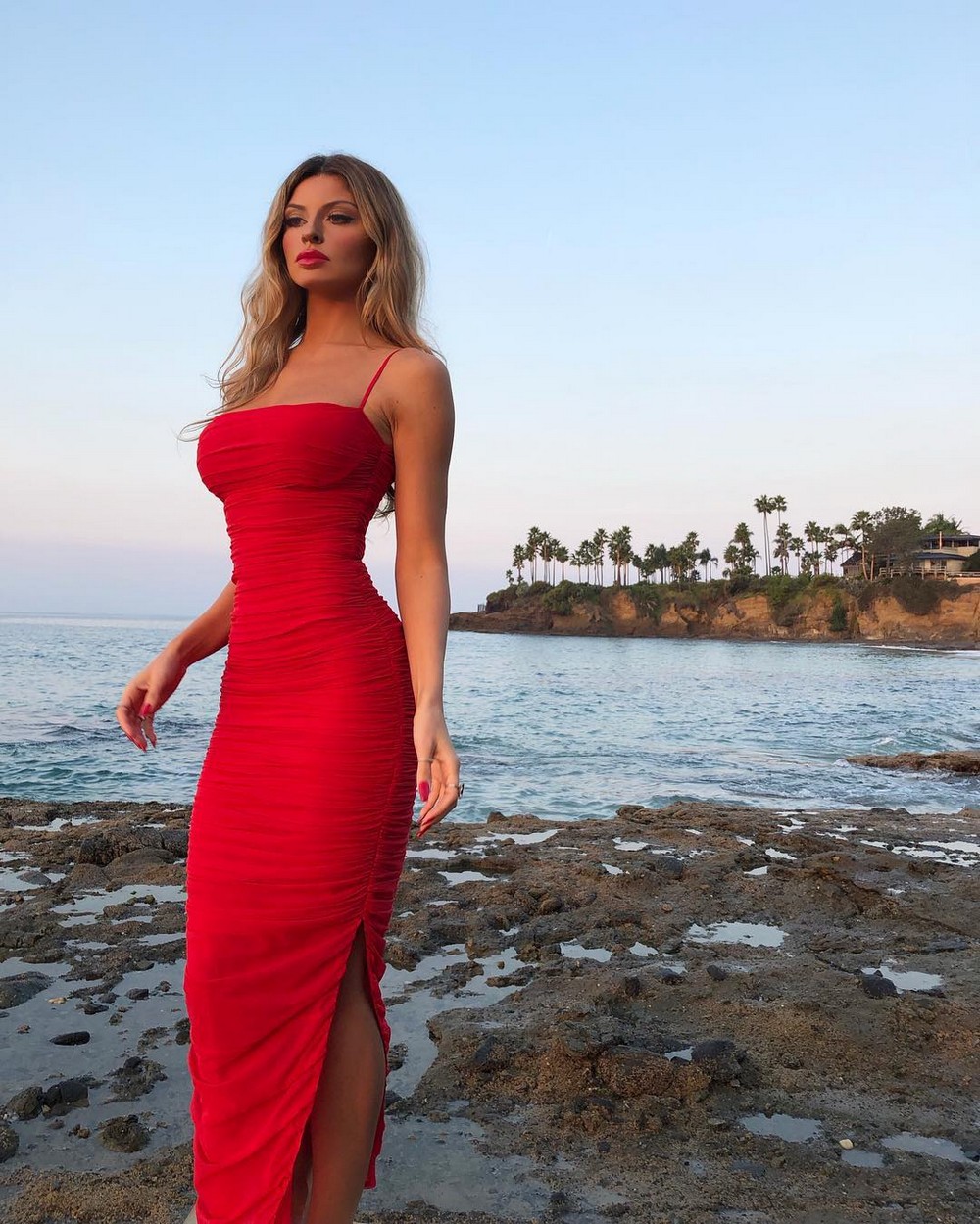


The digital revolution has extended into the realm of fashion shows, with virtual presentations and augmented reality experiences redefining the traditional runway. This innovative approach not only enhances accessibility but also opens new avenues for creativity and immersive storytelling within the fashion industry.

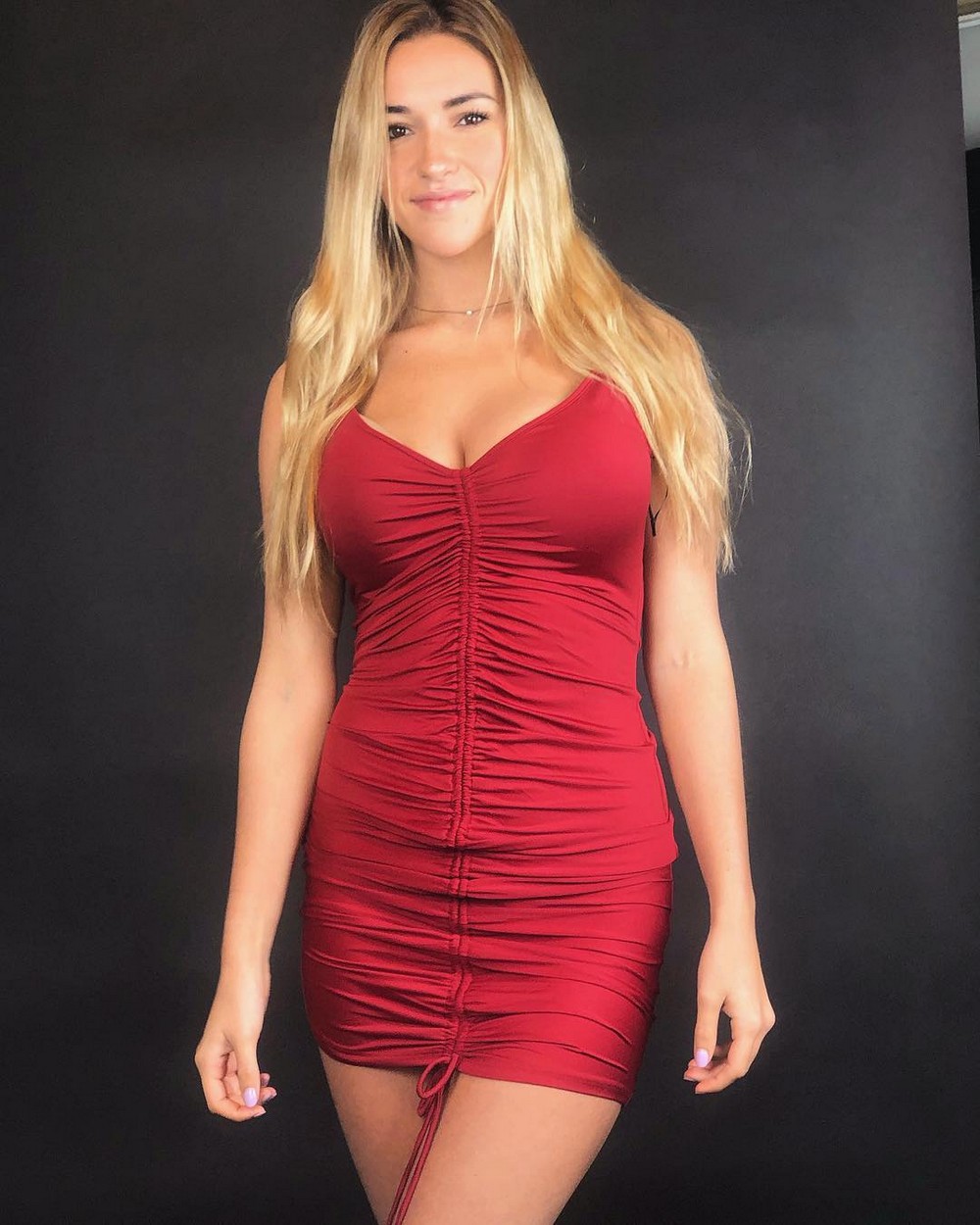




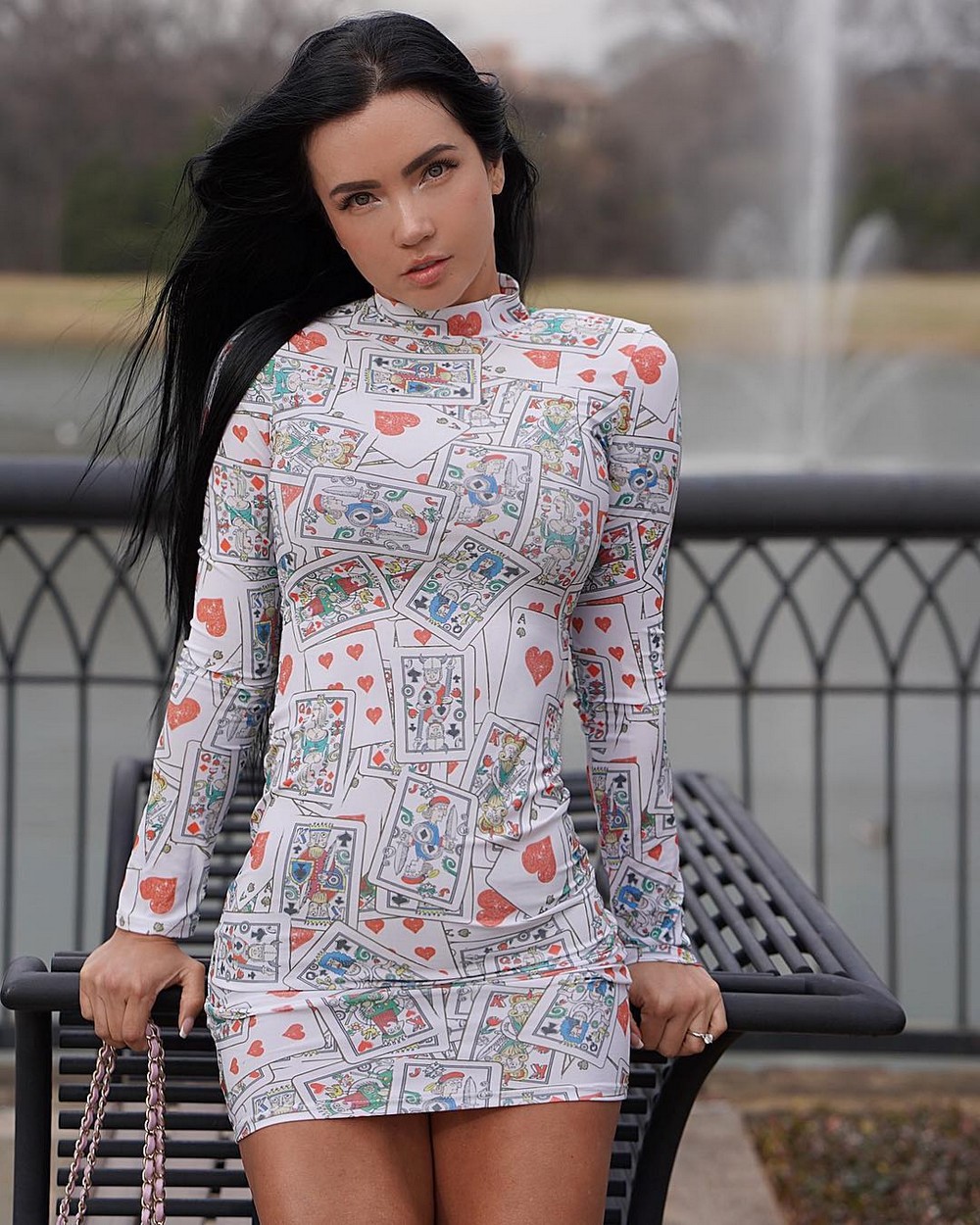
As environmental awareness grows, the fashion industry is undergoing a paradigm shift towards sustainable practices. From eco-friendly materials to ethical manufacturing processes, sustainable fashion is gaining prominence. Designers and consumers alike are embracing the responsibility of making choices that minimize the ecological footprint of the industry.



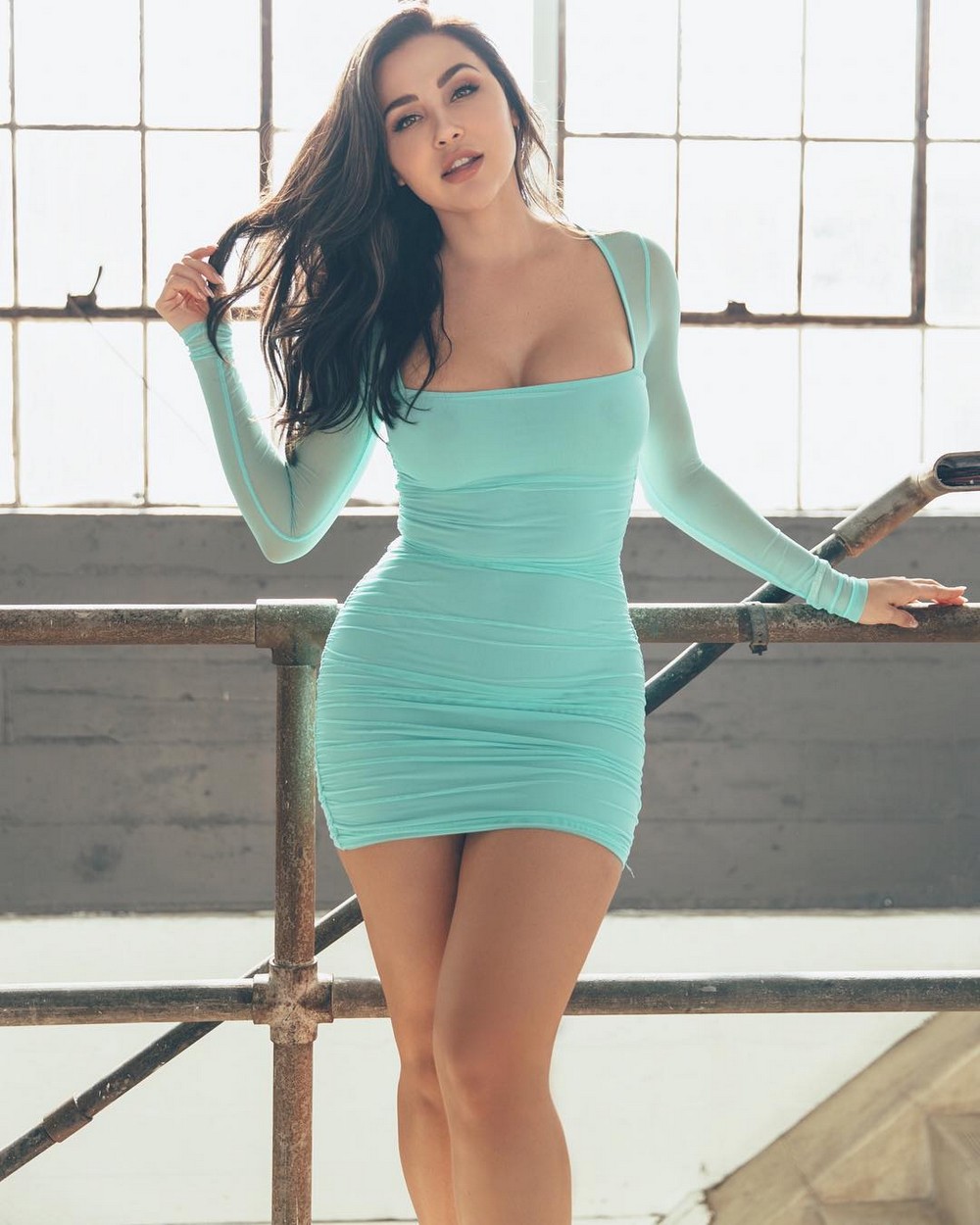
Fashion enthusiasts are becoming more discerning in their choices, favoring brands that prioritize transparency, fair labor practices, and environmental stewardship. Conscious consumerism is reshaping the industry’s landscape, fostering a demand for ethical fashion that aligns with the values of a socially and environmentally conscious audience.
